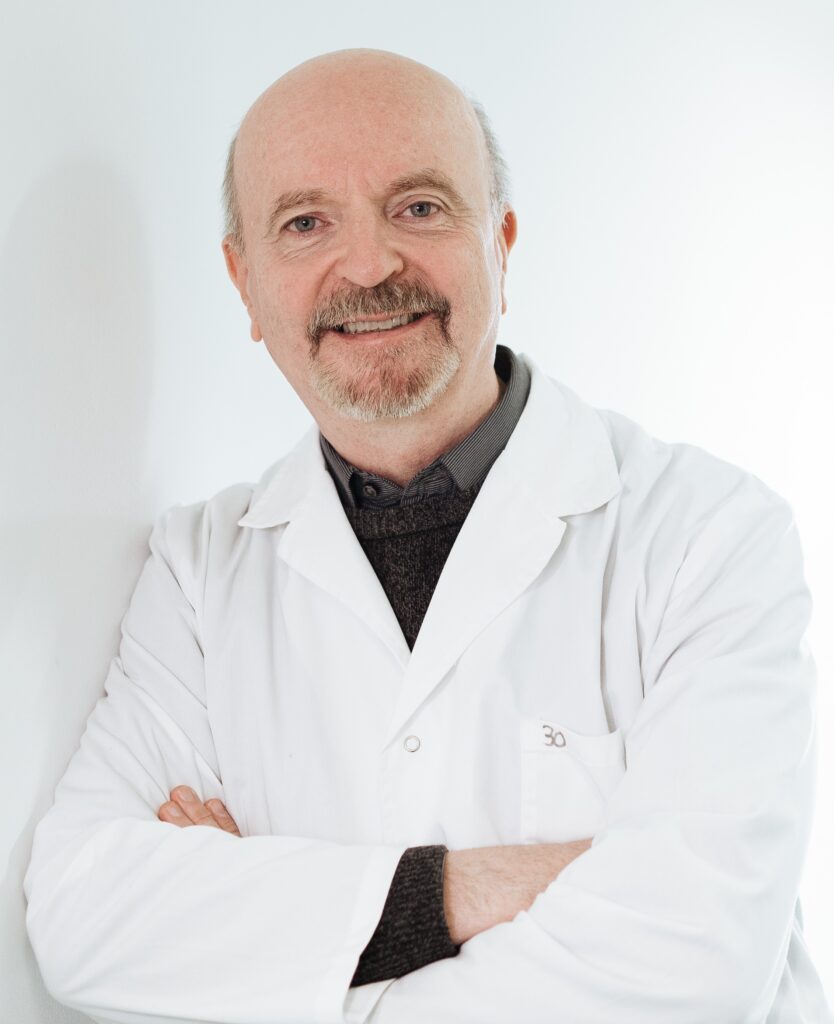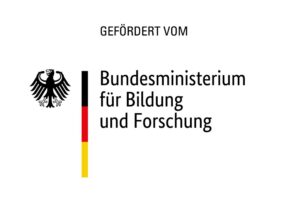RWTH Kármán-Fellow (05/25)

Victor de Lorenzo (Madrid, 1957) is a Chemist and Professor of Research in the Spanish National Research Council (CSIC), where he currently heads the Laboratory of Environmental Synthetic Biology at the National Center for Biotechnology. After his PhD at the CSIC Institute of Enzymology (1983), he worked at the Pasteur Institute (1984), the University of California at Berkeley (1985-1987), the University of Geneva (1988) and the Federal Center for Biotechnology in Braunschweig until 1991, the year in which he joined the CSIC in Madrid. He specializes in Molecular Biology and Biotechnology of soil microorganisms (particularly Pseudomonas putida) as agents for the decontamination of sites damaged by industrial waste. His work explores the interface between Synthetic Biology and Environmental Biotechnology, including global-scale bioremediation interventions for counteracting climate change. He is a prolific scientific author (https://goo.gl/M4sA5N) and has served as advisor in diverse international panels.
Synthetic Biology: From Domination of the Natural World to Partnership and Negotiation
Western culture has long approached the biological world through dominance and exploitation, a mindset amplified by industrialization and technologies like the Haber-Bosch process. This has led to escalating crises: climate change, overpopulation, environmental degradation, and pollution. While technological advances have postponed the limits predicted in The Limits to Growth (1972), the prevailing paradigm of perpetual growth and control persists. Innovations such as nuclear fusion, transgenic crops, biofuels, and biomanufacturing, though valuable, often reinforce the existing system without fundamentally rethinking our relationship with nature. Synthetic biology stands at the intersection of two contrasting visions. One views life as a programmable tool to optimize our industrial and socioeconomic systems without questioning them. The other envisions a transformative partnership with nature — leveraging our ability to read, respond to, and integrate biological signals in ways that move beyond exploitation towards dialogue and mutualism. Evolution, with its inherent unpredictability and resistance to control, remains a central force in this conversation. Despite advances in genetic engineering, every stable construct remains a compromise with evolution’s dynamic nature. This project proposes to explore synthetic biology not solely as a tool for control, but as a means to reimagine our interactions with the microbial world. Drawing parallels with the changing perception of animals in Western societies — from resources to sentient beings — it argues for developing a new epistemology for microbes, recognizing their agency and evolutionary narratives. Art will play a critical role, offering perspectives beyond conventional science and helping to shape a richer, more nuanced dialogue with invisible life forms. By integrating science, philosophy, and art, this project seeks to anticipate and shape a new ethic of coexistence, negotiation, and compromise with the microbial world.
Publications (selection)
Paez‐Espino, D., Durante‐Rodríguez, G., Fernandes, E. A., Carmona, M., & de Lorenzo, V. (2024). Pavlovian‐Type Learning in Environmental Bacteria: Regulation of Herbicide Resistance by Arsenic in Pseudomonas putida . Environmental Microbiology, 26(12), e70012. https://doi.org/10.1111/1462-2920.70012
de Lorenzo, V., Pérez-Pantoja, D., & Nikel, P. I. (2024). Pseudomonas putida KT2440: The long journey of a soil-dweller to become a synthetic biology chassis. Journal of Bacteriology, 206(7), e00136-24. https://doi.org/10.1128/jb.00136-24
Ramos, J. L., de Lorenzo, V., & López, P. (2024). Meeting report: Microbes as safeguards of the environment. Sustainable Microbiology, 1(1), qvae013. https://doi.org/10.1093/sumbio/qvae013
de Lorenzo, V., & De La Ossa, M. (2023). Synthetic biology enabling a shift from domination to partnership with natural space. Journal of Chinese Architecture and Urbanism, 5(3), 0619. https://doi.org/10.36922/jcau.0619
de Lorenzo, V. (2023). Towards a new covenant with nature – starred by environmental microorganisms. In M. Schmidt (Ed.), Grain & Noise, Artists in Synthetic Biology Labs (pp. 140–151). transcript Verlag. https://doi.org/10.1515/9783839465165-014
RWTH Kármán-Fellowships
RWTH Kármán-Fellowships are funded by the Federal Ministry of Education and Research
(BMBF) and the Ministry of Culture and Science of the German State of North Rhine
Westphalia (MKW) under the Excellence Strategy of the Federal Government and the
Länder.



